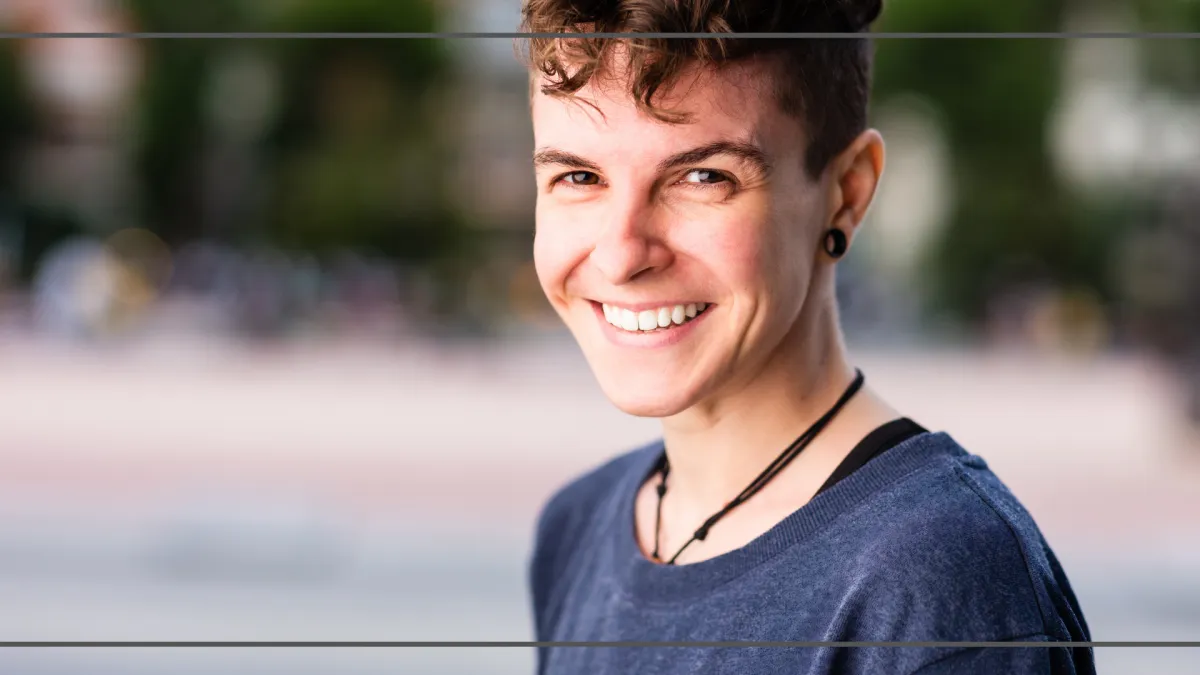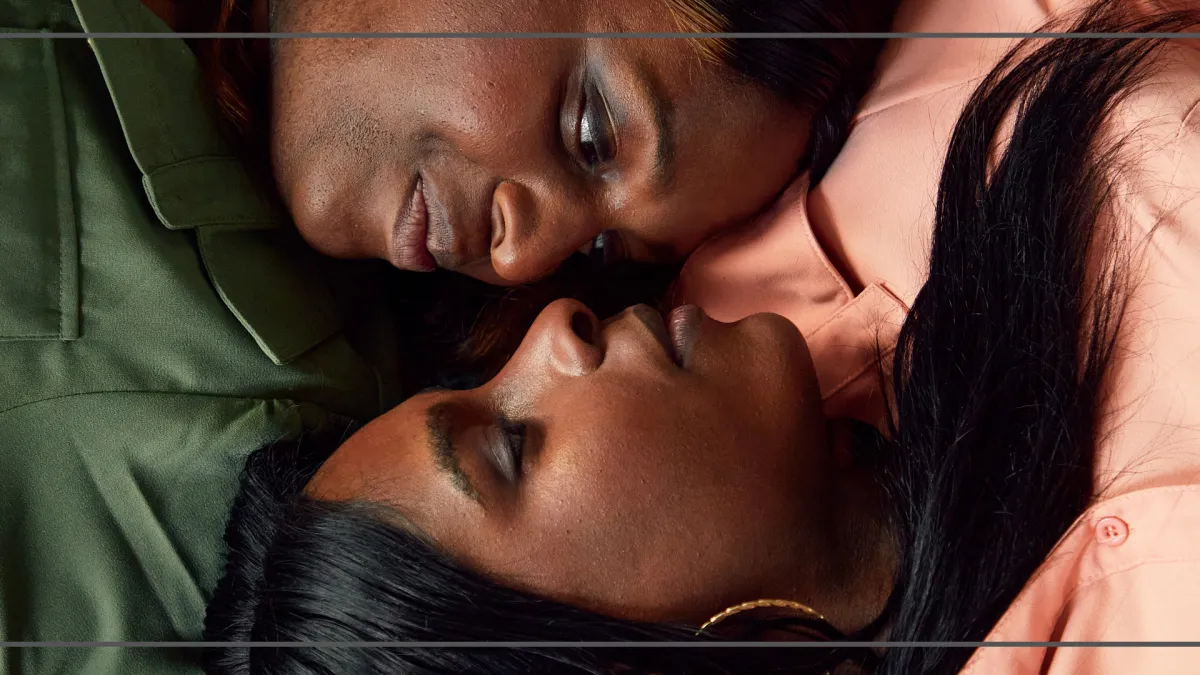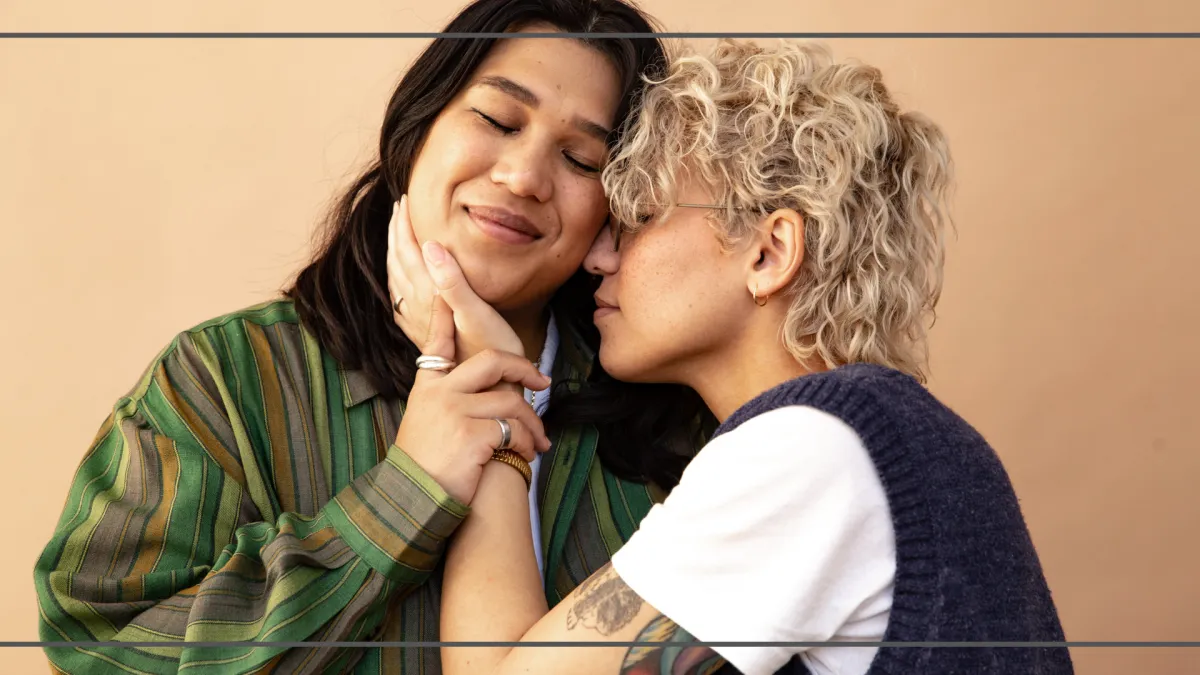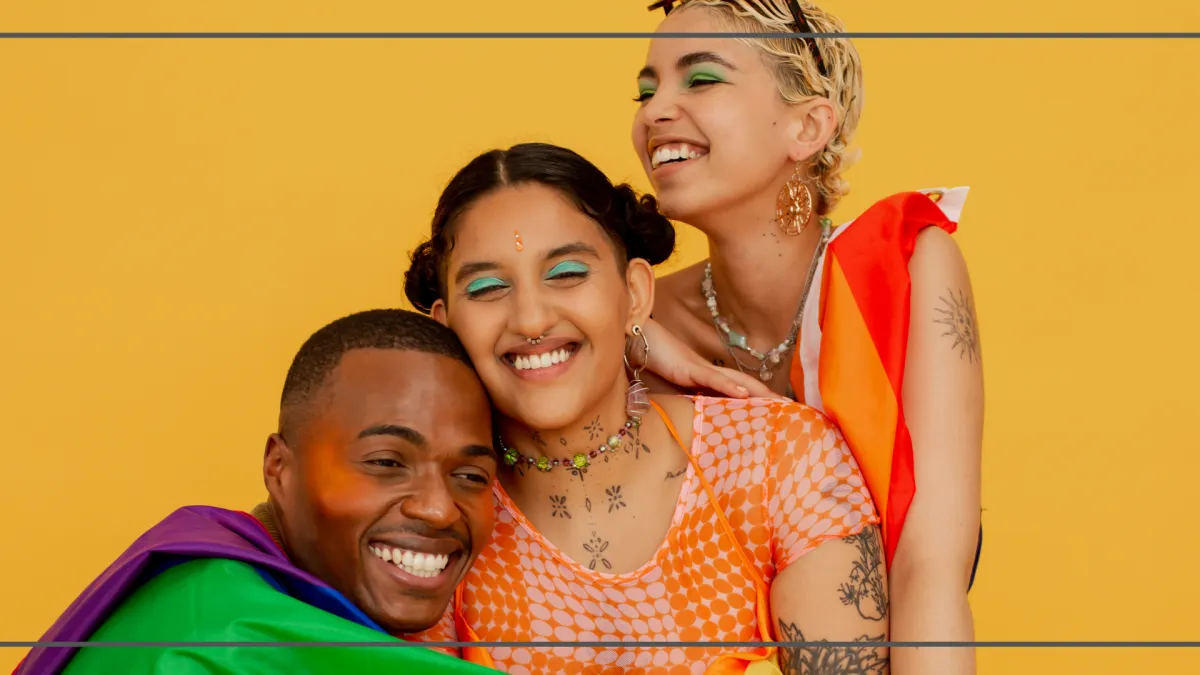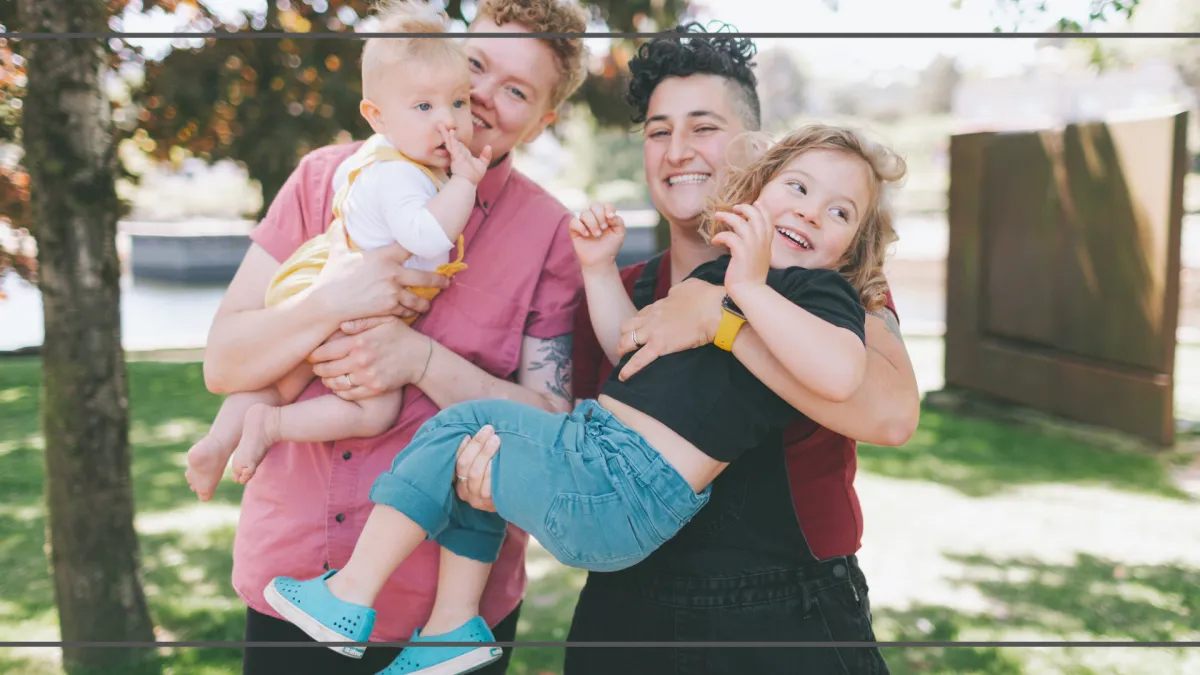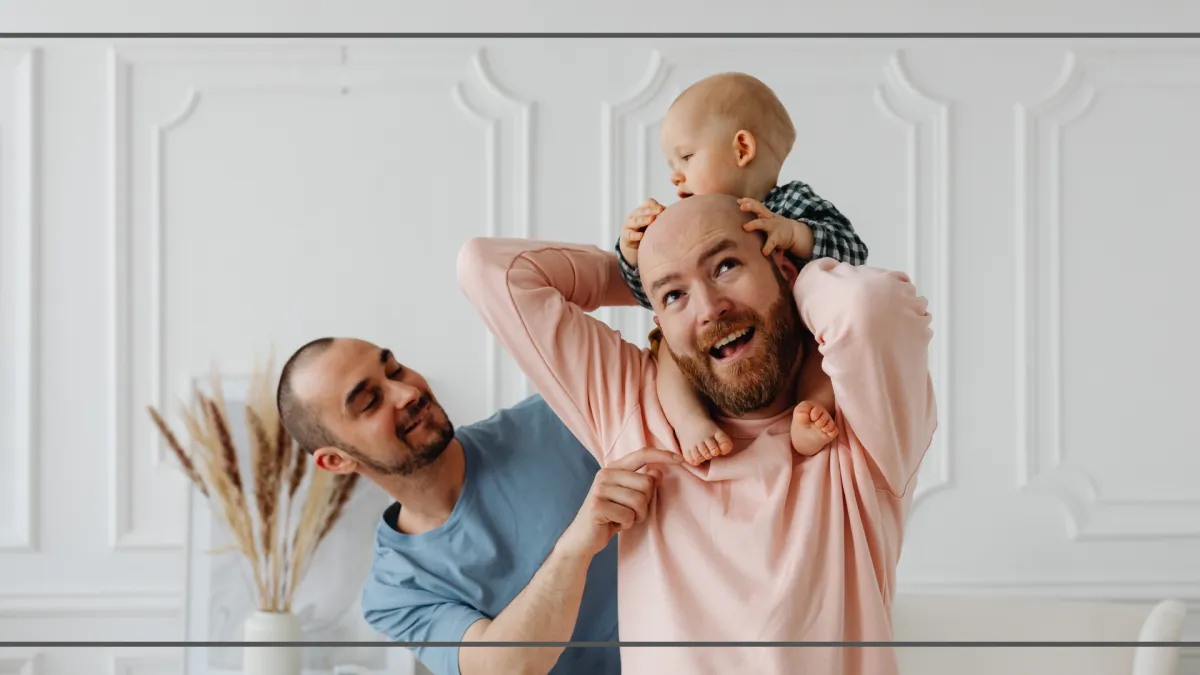Dear Past, Thanks for all the lessons.
Dear Future, I'm ready to kick ass.
Welcome to FlowArt Therapy, established in 2016 by Dr. Misty Gibson. Our practice is all about supporting neurodivergent and queer folks with a fresh, inclusive approach to mental health. Dr. Misty, with her extensive credentials (PhD, LMHC, LCPC, LCPAT, ATR-BC, CST, ACS, ATCS, NCC, BC-TMH), is a specialist in neurodivergent and queer concerns and an AASECT Certified Sex Therapist.
Our awesome team of therapists are trained and passionate about working with neurodivergent folx and queer folx, as well as people in open relationships, polyamorous dynamics, relationship anarchy, and the BDSM community. Under Dr. Misty’s expert guidance, we focus on providing affirming and culturally competent care for those who are often marginalized by traditional mental health services. At FlowArt, we celebrate your individuality and offer innovative, tailored care that respects and values your unique journey.
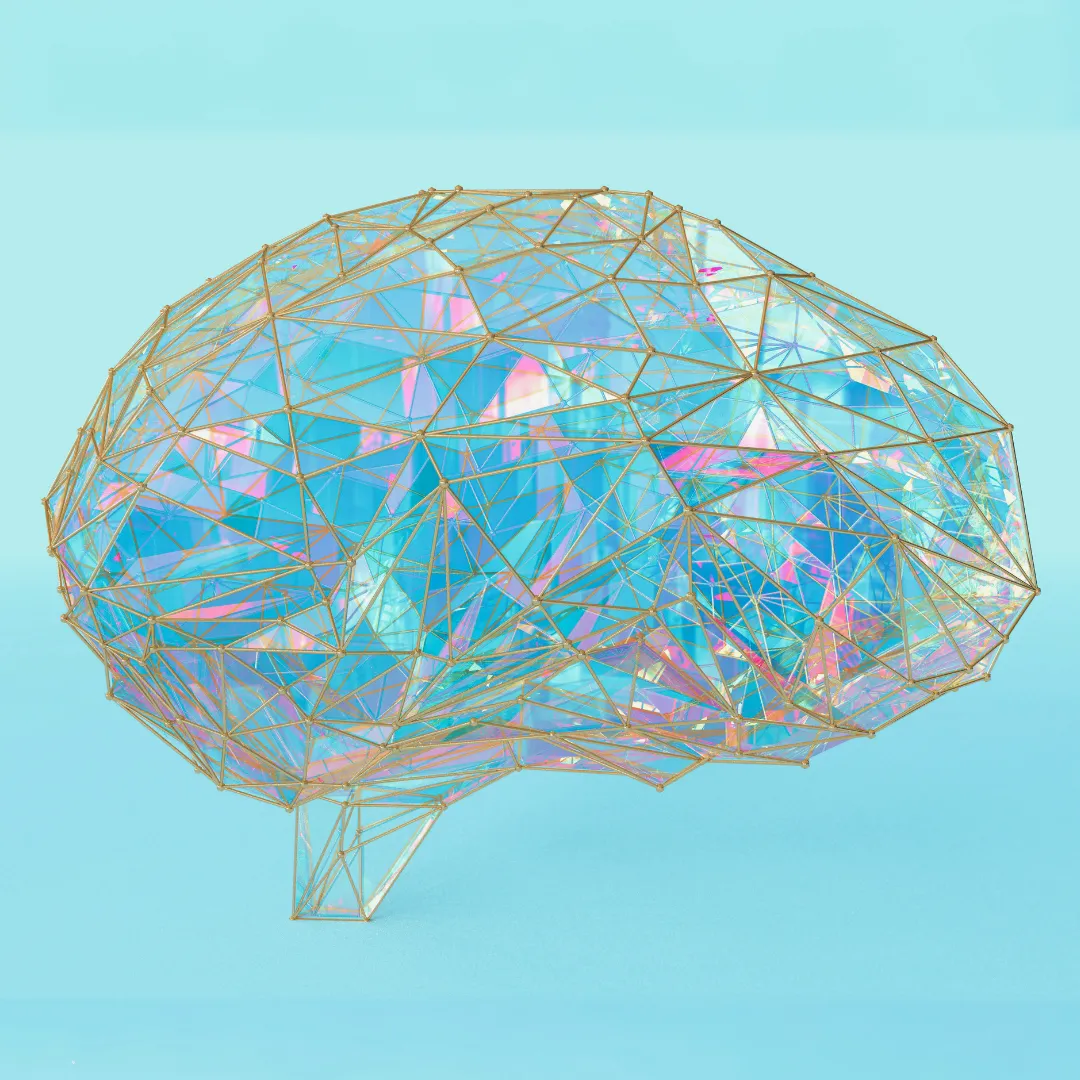
A Comprehensive Introduction to Understanding Neurodivergence
A Comprehensive Introduction to Understanding Neurodivergence:
Have you heard about being neurodivergent? It's been getting a lot of buzz lately, but what exactly does it mean? In this blog post, we will break down what it means to be neurodivergent and why it's important to understand and celebrate neurodiversity.
So, let's dive in and discuss the basics for a deeper appreciation of the diverse cognitive landscapes that enrich our communities.

Have you heard about being neurodivergent? It's been getting a lot of buzz lately, but what exactly does it mean? In this blog post, we will break down what it means to be neurodivergent and why it's important to understand and celebrate neurodiversity. So, let's dive in and discuss the basics for a deeper appreciation of the diverse cognitive landscapes that enrich our communities.
What does it mean to be neurodivergent?
Neurodivergent is an umbrella term that refers to variations in the human brain regarding sociability, learning, attention, mood, and other mental functions that are outside the societal norm. It includes a range of conditions such as autism, ADHD, dyslexia, OCD, Bipolar and more. The term stands in contrast to neurotypical, which describes brains that operate in ways considered standard or typical by societal norms. Rather than viewing neurodivergence as a disorder, many people are embracing it as a unique way of thinking and being instead of something wrong with them that they need to fix.
The Spectrum of Neurodivergence
Understanding neurodivergence requires recognizing it as a spectrum. No two neurodivergent individuals experience their neurotype in the exact same way; the manifestation of these neurological differences varies widely among individuals. Some may have profound gifts in areas such as art, math, or memory, while facing challenges in social interactions, sensory processing, or executive functioning. It's crucial to approach neurodivergence not with a one-size-fits-all perspective but with an appreciation for this diversity and complexity.
One common type of neurodivergence is Autism Spectrum Disorder (ASD). Individuals on the autism spectrum may experience challenges in social interactions and communication, but they also possess incredible attention to detail and analytical thinking abilities.
Attention Deficit Hyperactivity Disorder (ADHD) is another type of neurodivergence characterized by difficulty focusing, hyperactivity, and impulsivity. However, individuals with ADHD often excel in creative thinking, problem-solving, and multitasking.
Dyslexia, a learning difference affecting reading and writing skills, is also a form of neurodivergence. Despite challenges in these areas, dyslexic individuals often display exceptional spatial reasoning abilities and out-of-the-box thinking.
Obsessive-Compulsive Disorder (OCD) is a type of neurodivergence that manifests through a pattern of unwanted intrusive thoughts and fears (obsessions) leading to repetitive behaviors (compulsions). These compulsions are often performed in an attempt to alleviate the distress or prevent perceived negative outcomes related to the obsessions. Despite significant challenges, individuals with OCD are often extremely caring and empathetic, they might have a great attention to detail and have immense mental strength and resilience.
These are just some examples of the diverse ways in which neurodivergent minds manifest. By understanding and appreciating the strengths and challenges associated with each type, we can foster a more inclusive society that values the contributions of all individuals
The Intersection with LGBTQIA+, Polyamory, and Kink Communities
Neurodivergent individuals often find themselves at the intersection of multiple identities, including those related to gender, sexuality, and relationship structures. For those within the LGBTQIA+, polyamorous, and kink communities, neurodivergence can influence how they experience and navigate their identities. Understanding and accepting neurodivergent ways of processing and expressing love, desire, and commitment is key to fostering inclusive and supportive relationships and communities.
Challenges Faced by Neurodivergent Individuals
Neurodivergent individuals may face various challenges, including societal misunderstanding, sensory overload, difficulty in social settings, and executive functioning struggles. Additionally, the process of "masking" - hiding one's neurodivergent traits to conform to neurotypical standards - can be exhausting and damaging to one's mental health and self-esteem. Many neurodivergent individuals may feel as if there is something wrong with them, that they do not fit it or that they are broken.
Neurodivergent individuals are not broken or in need of fixing. They simply have different ways of thinking, processing information, and experiencing the world. It's important to remember that neurodivergence is a natural variation of human neurological diversity, just like being left-handed or having a different skin color.
Despite the growing recognition and acceptance of neurodiversity, there are still many misconceptions and stereotypes that exist surrounding neurodivergent individuals. One common misconception is that being neurodivergent automatically means being disabled or unable to function in society. This couldn't be further from the truth.
Another misconception is that neurodivergent individuals lack empathy or social skills. This stereotype stems from misunderstanding and ignorance. In reality, many neurodivergent individuals have deep empathy and a strong desire for connection. It may just look different from what society considers "typical."
By addressing these misconceptions and educating ourselves and others, we can create a more understanding and inclusive society for neurodivergent individuals. Let's break down these stereotypes and continue to celebrate the diverse talents and perspectives that neurodivergent minds bring to the table.
Embracing Neurodivergence - Awareness, Acceptance,
and Advocacy:
Awareness: Education about neurodivergence is the foundation for understanding and empathy. Learning about the experiences and needs of neurodivergent individuals can dismantle stereotypes and reduce stigma.
Acceptance: Beyond awareness is the need for acceptance. This means valuing neurodivergent individuals for who they are, recognizing the strengths inherent in neurodivergent thinking, and accommodating their needs without judgment.
Advocacy: Advocating for neurodivergent rights involves pushing for changes in policies, practices, and attitudes that support neurodivergent individuals in all areas of life, from education and employment to healthcare and beyond.
Creating and Maintaining Boundaries
Encouraging neurodivergent individuals to live authentically, without feeling the need to mask their true selves, is vital for mental health and well-being. This involves creating safe spaces where neurodivergence is not just tolerated but celebrated for the unique perspectives and experiences it brings.
Unmasking for Authentic Living
Encouraging neurodivergent individuals to live authentically, without feeling the need to mask their true selves, is vital for mental health and well-being. This involves creating safe spaces where neurodivergence is not just tolerated but celebrated for the unique perspectives and experiences it brings.
Conclusion:
Understanding neurodivergence is an ongoing journey, one that requires patience, openness, and a commitment to inclusivity. By embracing the rich tapestry of human neurodiversity, we can create a world where everyone, regardless of how their brain works, feels valued and supported. Let's continue to educate ourselves and others, challenge stereotypes, and advocate for a society that recognizes and celebrates the strengths and contributions of neurodivergent individuals.
About Dr. Misty Gibson

Dr. Misty began FlowArt Therapy as a solo venture in 2016. As she worked alone, she realized that the unique population she serves needed more specialized mental health care than she could provide by herself. In 2020, Dr. Misty decided to expand into a group collective, inviting interns and associates to join her in practicing clinical mental health and sex therapy for neurodivergent, queer, polyamorous, and kinky individuals.
Over the years, Dr. Misty has trained many students, interns, and associates in competent, compassionate, and consent-based therapy, using a relational-cultural approach. To be a part of FlowArt Therapy, it’s essential that all therapists are sex-positive, neurodivergent-informed, and committed to continuing their education in these areas. Dr. Misty has transformed her practice into a collaborative teaching space, where she closely models and trains therapists in these focused methods.
Together with her colleague and business partner, Michell Brockman, Dr. Misty is expanding the reach of FlowArt. They’re working on bringing on-demand learning opportunities to the public and to clinical mental health practitioners about the intersection of neurodivergence and queer identities through FlowArt Academy, The Sparkle Newsletter, The Sparkle App (coming soon), and the Neurosparkly podcast.
What's On
Check out the things we are working on within FlowArt and beyond!
Check Out Our News!
Our newsletter, The Sparkle, is chock full of great articles and insights focused on neurodivergence, queer identity, and other amazing content. We often have cool freebies included too, so don't miss out!
FlowArt Therapy
Dr. Misty's group practice that inspired it all, is always taking new clients! We focus on queer issues and neurodivergent humans, particularly adults who are newly exploring their neurodivergent identities, as well as polyamorous and kinky folx! Let's get you started on therapy!
On Demand Courses
The courses on FlowArt Academy are focused on topics for neurodivergent and queer folx and the people who love them. We provide great learning to bring awareness and support for neurodivergent/queer/adjacent identities.
Listen to Our Podcast!
Our podcast, Neurosparkly, is funny, insightful, and genuine, and we'd love it if you check it out! Neurosparkly publishes a new episode every week where we share our thoughts and have great conversations & guests!
FlowArt's The Sparkle App
We’re excited to be developing The Sparkle App, bringing you daily content on courses and programs focused on neurodivergence and queer identity, as well as bespoke programs specific to your learning interests. Stay tuned for an amazing experience designed just for you!
If you are in crisis, please do not use this site. For more crisis services and information about police intervention, please click the button below:
If you or someone you know is in immediate, life-threatening danger and decide to call 911, please be aware that police are not equipped to offer mental health support and may even pose danger to People of Color, Neurodivergent people and Disabled people.
Please ALSO reach out to community leaders, neighbors, friends, and family to be present if you are calling the police.
Please note that some crisis line workers are mandated to report calls regarding suicide to the police. If this is a concern, we encourage you to first ask about their reporting policies before sharing.
© 2024 FlowArt
The information contained in this Web site and from it's resources is for general guidance on matters of interest only. The information contained in this website is for general information purposes only. The information contained in or through our website is not intended to provide medical advice and is not intended to be a substitute for professional medical advice, diagnosis or treatment that can be provided by your own Medical Provider (including doctor/physician, nurse, physician’s assistant, or any other health professional), Mental Health Provider (including psychiatrist, psychologist, therapist, counselor, or social worker), or member of the clergy. The website and its education resources are not be used as a substitute for consultation with a professional psychologist or other professional health or medical provider. Therefore, do not disregard or delay seeking professional medical, mental health or religious advice because of information you have read on this website or received from us. Do not stop taking any medications without speaking to your own Medical Provider or Mental Health Provider. If you have or suspect that you have a medical or mental health problem, contact your own Medical Provider or Mental Health Provider promptly.




